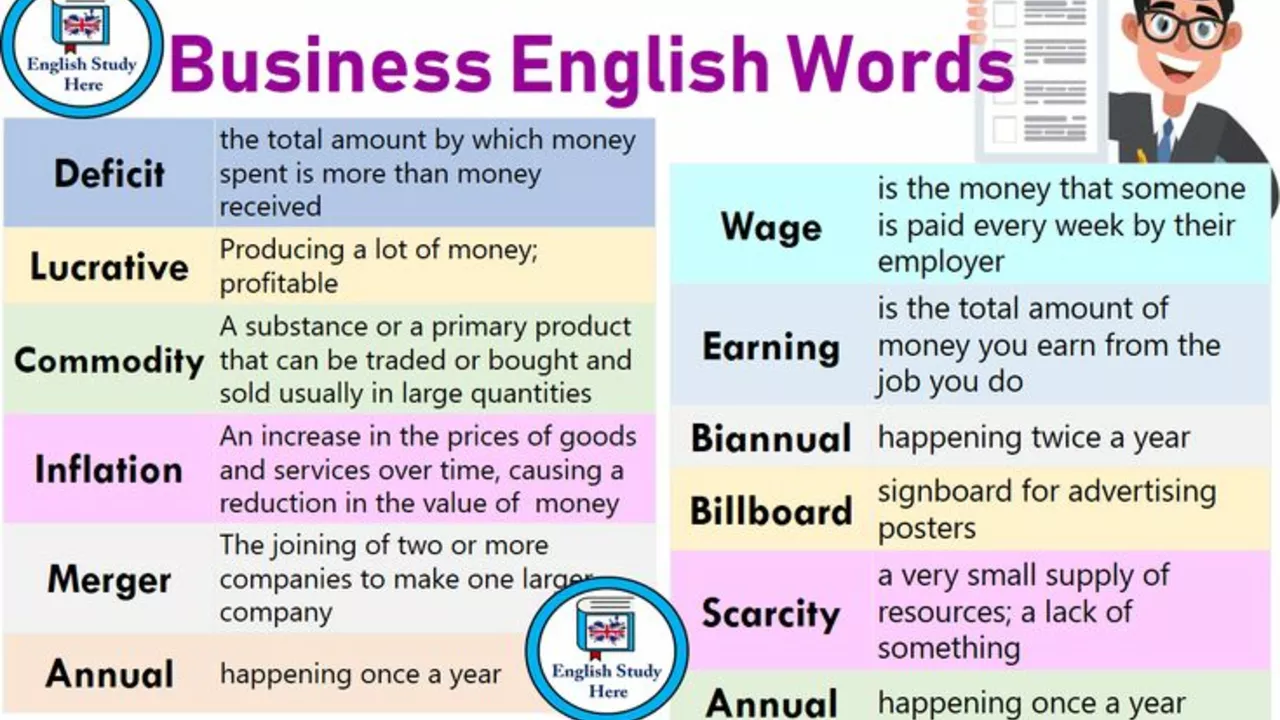What is the full form of B.C. in terms of money?
 Aug, 2 2023
Aug, 2 2023
Unveiling the Mystery: B.C. in Money Matters
If you're anything like me, you may have been through a time when you encountered the term B.C. not in reference to the historical timeline but in the vast and fascinating world of finance and economics. There was a period I was left scratching my head in utter confusion. How could B.C. have anything to do with money? We all know it as "Before Christ," right? Well, consider your confusion cleared up because in this article, I aim to dissect and present the full form of B.C. in terms of money, in the simplest and jolliest manner possible.
Let's dive right into the heart of the matter: B.C. in money terms stands for Bank Charges. These are the fees that financial institutions impose on clients for the provision of their services. You know the feeling of seeing that little chunk of your hard-earned cash crumble away, right? Little Wesley once asked me why his piggy bank doesn't sap away his coins the way our bank does. That's bank charges in action, Wes!
Bank Charges: The Invisible Culprit Eroding your Money
Bank Charges may appear minute when you check your monthly financial statement, a few dollars here and some cents there, but when you add them up over time, believe me, it mounts up. As someone who loves digging into details, I found that these sneaky charges can be money-spinners for the banks while sometimes falling heavily on the consumer's shoulders.
This dawned on me when I once tried to calculate my expenses. I had a faint idea about some bank charges, of course, but it was astounding to see the entire sum. I could have treated Imogen to a few extra ice-cream cones with that money!
Understanding the Breakdown: Types of Bank Charges
When we talk about B.C. or Bank Charges, it's vital to understand what exactly we are paying for. So, let’s dissect these infamous charges, shall we? Bank Charges include account fees (a charge just for having an account with the bank), ATM charges (for using ATMs, especially those not owned by your bank), overdraft fees (for spending more than you have in your account), and insufficient funds charges (when your cheque bounces), to name a few.
Remember the ordeal we went through when trying to close down that account with a high-maintenance bank, right? They charged us quite a bit just to say goodbye! Some banks can be like that clingy ex; letting go comes with a cost!
Minimising Bank Charges: A Path to More Pennies in your Piggy Bank
Now, as annoying as bank charges can be, there are ways to minimise them and get more value for your money. The first step to this is becoming aware of the nature of charges levied by your bank. Many people overlook the fine print in their bank documents. That’s where these charges are hiding! Don’t let them creep up on you.
It was after this learning curve that I started exploring other banking options. Online banking, credit unions, and smaller banks often have considerably lesser charges. Research is key to finding a suitable bank. If possible, consult financial advisers. They know the ins and outs of this stuff. Moreover, always bear in mind that although B.C. stands for Bank Charges, it doesn't necessarily have to stand for Bitter Charges!
Note to self: Tell Wesley the piggy bank might be a good banking option after all!
Arm Yourself with Knowledge
In conclusion, just as we strategise our expenses, we should also strategise our banking to avoid nasty surprise charges. Understand that not all B.C. - or Bank Charges - are bad; they help the banks run smoothly. Just remember, my friend, the best defense against unnecessary expenses is knowledge. Don’t be in the B.C. (Before Comprehension) era; step into the A.C. (After Comprehension) era! It's like that one time you finally understand how to assemble an Ikea chair, and you can't help but pat yourself on the back.
Armed with this basic understanding of B.C. in money matters, I hope we can navigate our financial journey with a little more assurance and a lot less confusion. And hey, doesn't hurt to throw in a joke or two about it at the dinner table. I bet even the banks would appreciate a little humor!